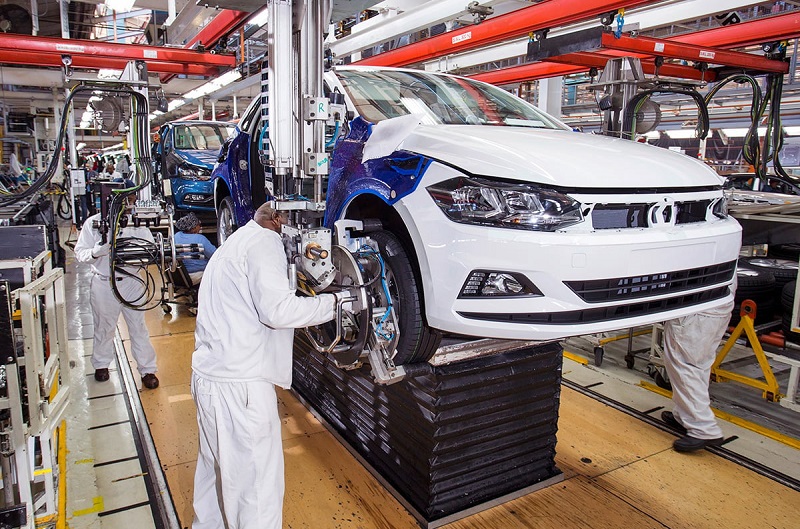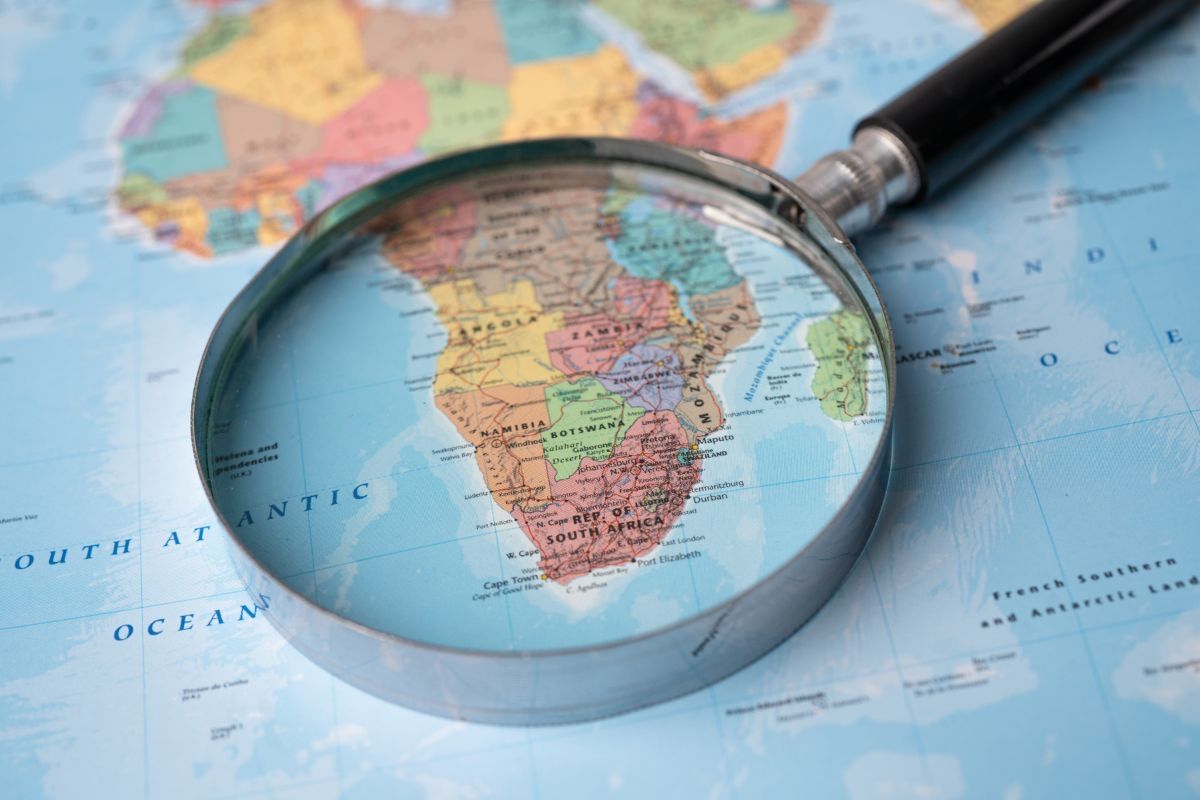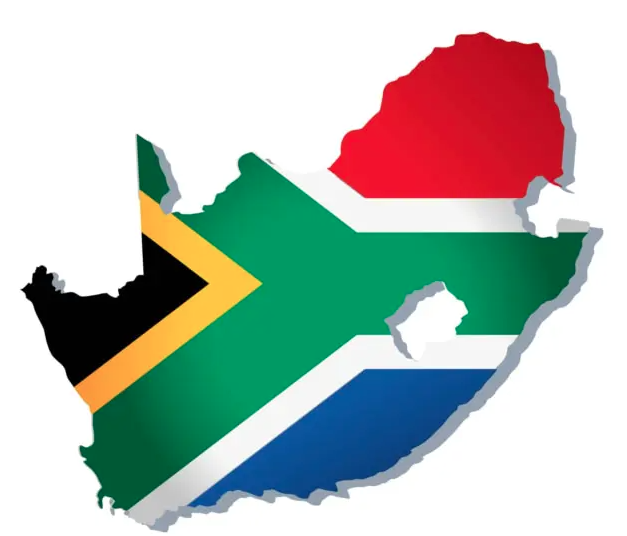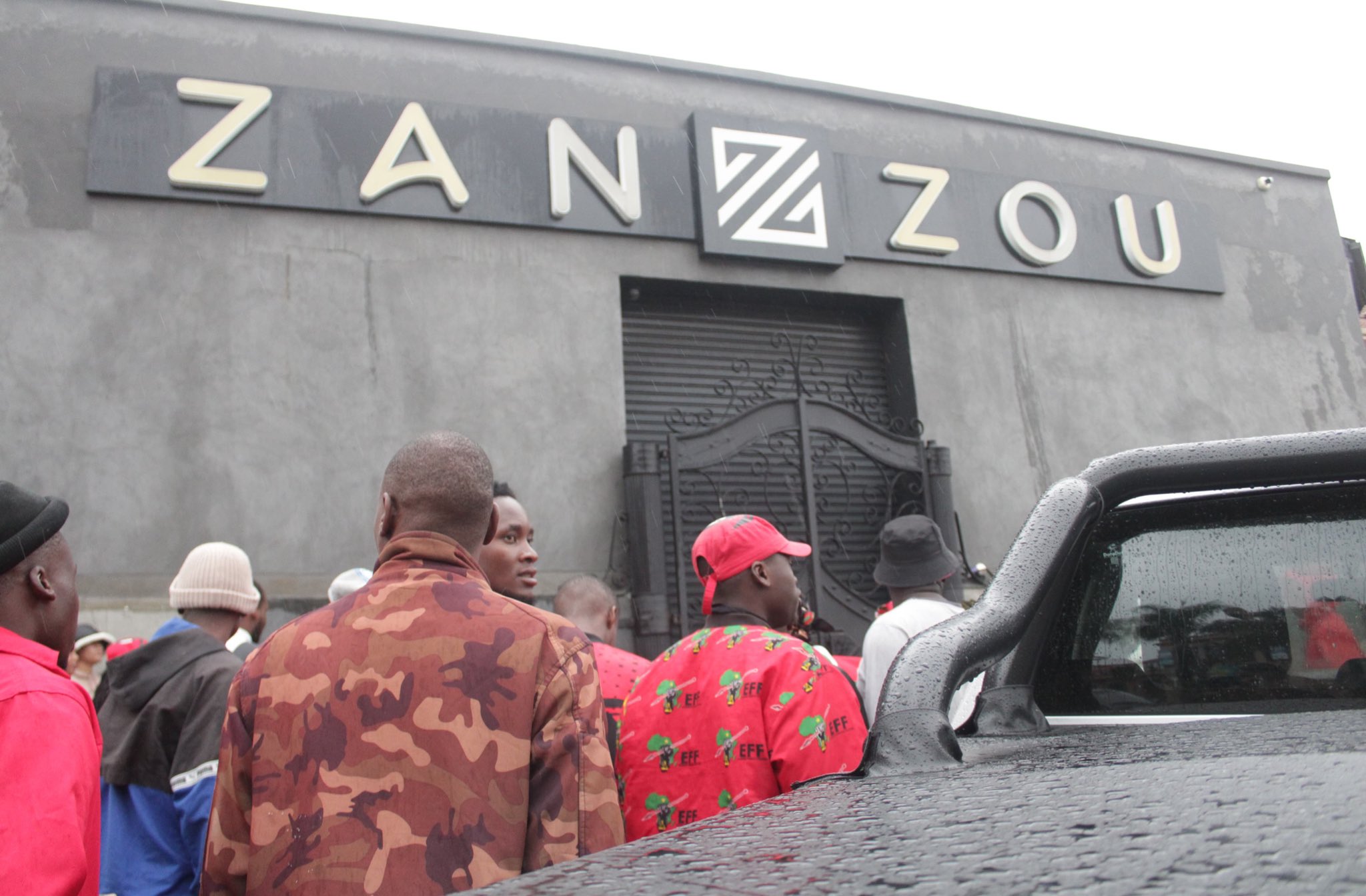The African continent is where this country’s economic salvation lies. And while everyone is distracted by the Donald Trump/Elon Musk double act, there’s in fact a clear path being illuminated ahead. Forget about AGOA and kissing the US jackboot. Here we’re talking about South Africa’s participation in the African Continental Free Trade Area (AFCTFA).
By participating even more on the African continent, South Africa could increase exports by as much as 30%. In so doing, we’ll boost economic growth and foreign exchange earnings, adding a potential R655 billion to our bottom line, reports Daily Investor. The untapped potential of the African continent was revealed in an International Monetary Fund (IMF) report to the National Treasury and Reserve Bank, delivered last week.
AFRICAN CONTINENT: THE FINAL FRONTIER

Furthermore, the IMF analysed how South Africa could fully leverage the benefits of free trade on the African continent. South Africa started trading under AFCFTA more than one-year ago, on 31 January 2024. This has enabled local companies to export certain products duty-free and/or with reduced import charges to twelve states on the African continent. While still slipping under the radar, the IMF predicts the following benefits from any increase in intra-African trade:
- A real per-capita income increase of 10% to all participating nations.
- South Africa’s goods and services to increase by 25%, due to the reduced trade barriers.
- More global corporations investing and producing goods in South Africa as a gateway to Africa.
- A real GDP per-capita rise by 13%, generating employment and improved living standards in South Africa.
- Cement South Africa as a regional hub in the African value chain, due to its economic size.
ALREADY AFRICA’S LARGEST EXPORTER

South Africa is already the continent’s largest exporter, with the country exporting a total of R2.2-trillion worth in the past year. Therefore a 30% increase would translate into an additional R655-billion worth in exports through AFCTFA. However, the IMF cautions that South Africa still has some high non-tariff barriers to overcome. Like localisation incentive programmes, technical standards, import licence requirements and burdensome customs procedures.
The IMF says the above are creating higher trading costs. Therefore, these barriers will have to be removed to fully reap the benefits of AFCTFA on the African continent. The IMF suggests a commitment to trade facilitation, customs and reduction in administrative costs for traders. Likewise, continued reform within the logistics sector is key. Late in 2024, Transnet paved the way for private companies to run trains on its railway infrastructure. Despite this positivity, the IMF’s forecast for South African economic growth in 2025 is still a measured 1.5%.
CAN WE BOLSTER OUR ECONOMY WITH AFRICAN TRADE?

Let us know by leaving a comment below or send us a WhatsApp on 060 011 0211. Subscribe to The South African’s newsletter and follow us on WhatsApp, Facebook, X and Bluesky for the latest FREE-to-read news.














